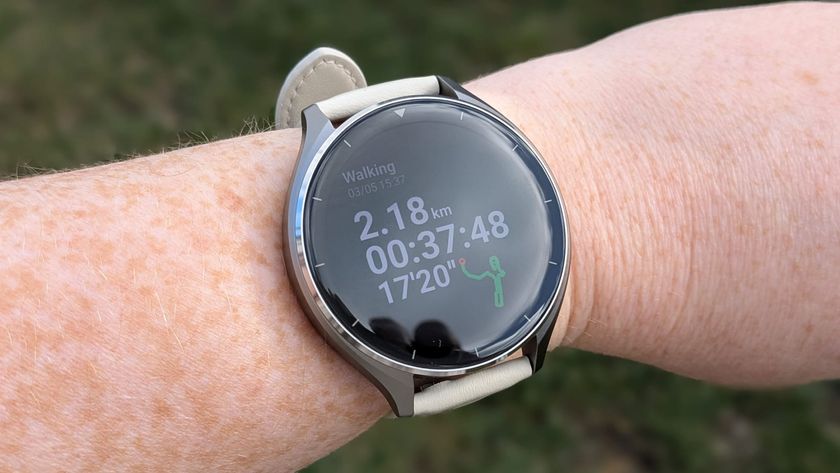Doctors Clear Up Confusion Over Hormone Therapy

The safety of taking hormones to treat the symptoms of menopause has been questioned in recent years, but a new consensus statement from several doctors' groups aims to resolve confusion over how the treatment should be used.
Hormone replacement therapy (HRT) is the most effective treatment for the symptoms of menopause, such as hot flashes and sleep problems, but the therapy comes with risks, so it should be used on a case-by-case basis, the statement said.
About a decade ago, a large study found that HRT that included estrogen and progestin increased the risk of breast cancer by about 25 percent in postmenopausal women. The finding was so dramatic that researchers stopped the study early and physicians changed how they prescribed HRT.
The new statement says that while the therapy comes with risks, its benefits generally outweigh the harm for women under age 60, or those who've been in menopause for fewer than 10 years. The increased risk of breast cancer also appears to disappear a few years after treatment is stopped, the statement says. [See 5 Experts Answer: Is Hormone Replacement Therapy Safe?]
"The decision to use [HRT] comes down to an individual woman, in consultation with her doctor," said Tobie de Villiers, president of the International Menopause Society, one of the organizations making the statement. "Used properly, [HRT] will give significantly more benefits than harm," Villiers said.
In the statement, doctors recommend low doses of HRT for women whose menopausal symptoms are limited to vaginal dryness and pain during intercourse. HRT is not recommended for women who've had breast cancer, the statement continues.
The National Institutes of Health has stated that if women decide to receive HRT, they should take the lowest dose for the shortest amount of time, and be re-evaluated every six months to see if they still need the treatment.
Sign up for the Live Science daily newsletter now
Get the world’s most fascinating discoveries delivered straight to your inbox.
The organizations involved with the statement are the International Menopause Society, the American Society for Reproductive Medicine, the Asia Pacific Menopause Federation, The Endocrine Society, the European Menopause and Andropause Society, the International Osteoporosis Foundation and The North American Menopause Society.
Pass it on: The benefits of hormone replacement therapy are more likely to outweigh the risks for women under age 60 or those who have experienced menopause for less than 10 years.
This story was provided by MyHealthNewsDaily, a sister site to LiveScience. Follow Rachael Rettner @RachaelRettner. Follow MyHealthNewsDaily @MyHealth_MHND, Facebook or Google+.

Rachael is a Live Science contributor, and was a former channel editor and senior writer for Live Science between 2010 and 2022. She has a master's degree in journalism from New York University's Science, Health and Environmental Reporting Program. She also holds a B.S. in molecular biology and an M.S. in biology from the University of California, San Diego. Her work has appeared in Scienceline, The Washington Post and Scientific American.











